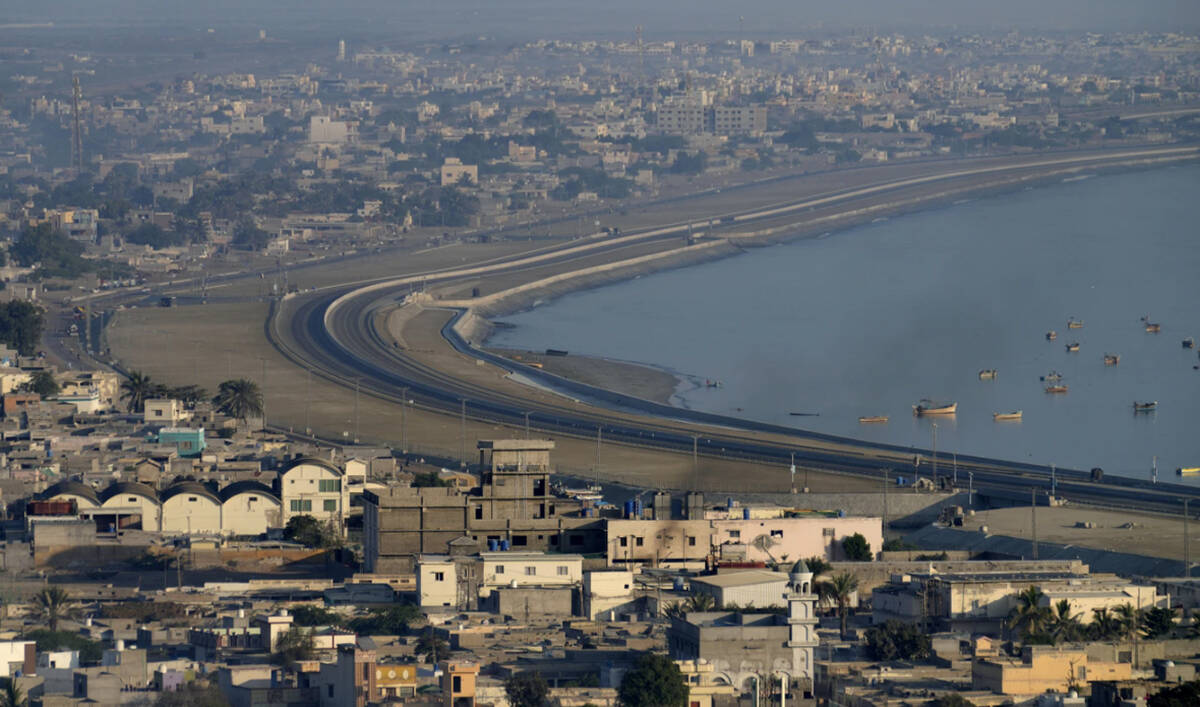ISLAMABAD: Prime Minister Shehbaz Sharif on Monday ordered a third-party audit of a Rs20 billion ($71.4 million) Ramadan relief package announced earlier this month to support around four million families across the country during the holy month of fasting.
Under the package, the government has said it would credit Rs5,000 ($17.87) into digital wallets of low-income families.
In the past, the annual Ramadan relief package would be implemented through state-run utility stores, from where low-income households could buy essential commodities such as wheat, sugar, oil, and pulses, among other items, at reduced prices. However, each year, consumers complained of long queues at the stores, limited stock availability, substandard food items, and difficulties with the process of identification verification needed to receive the discounted package at utility stores. For these reasons, the government announced this year it would no longer utilize utility stores to administer its Ramadan program but would instead create digital wallets.
Other than in Ramadan also, utility stores have been plagued by reports of corruption and mismanagement for years, with consumers complaining of substandard merchandise being sold and staff accused of vending subsidized products in the open market.
“Amounts under Ramadan Relief Package are being transferred to the beneficiaries through a highly convenient and transparent digital wallet system and this model should be adopted for other government’s run schemes,” state news agency APP said in a report after the PM chaired a review meeting of the aid program and called for its third-party audit.
The PM was informed that 63 percent beneficiaries of the relief package had received the payments so far, and complete documentary records were available about the distribution of the funds.
“[PM] asked that the awareness campaign run by telecom companies and banks regarding the package should be made more effective and a comprehensive report be prepared in this regard,” APP reported.
During Ramadan in Pakistan, there is a significant increase in the demand for essential food items at subsidized prices, which in the past overwhelmed the capacity of utility stores, causing long lines and potential shortages.
Ensuring equitable distribution of the package across different regions and demographics was also be difficult in a country of 241 million people, sometimes leading to some areas receiving less benefits than others. To prevent abuse, the government implements strict verification processes like CNIC checks, which also leads to delays and inconvenience for customers.
The allocated stock of subsidized items at utility stores is also often not sufficient to meet the high demand during Ramadan, leading to disappointment for customers who cannot purchase everything they need.
“This [digital wallets] was a new concept to say goodbye to the utility stores forever due to the massive complaints of worst corruption of public money, which was also an injustice to the common man,” Sharif had said at a meeting last week. “The issue of poor quality and corruption have been done away with through a new modern digital wallet.”


















